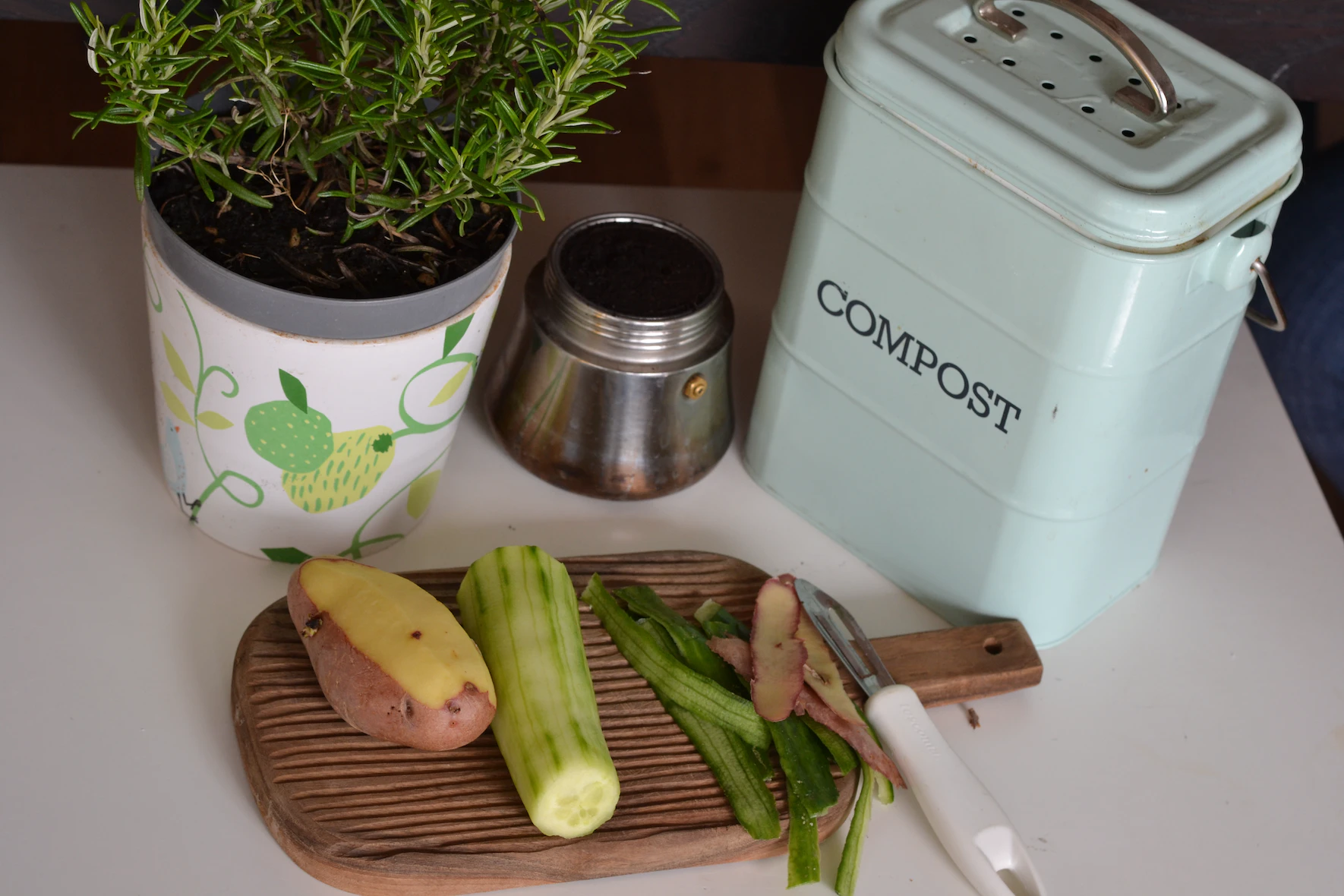Free Shipping Over $95

How to make homemade compost from your organic waste
Composting is an excellent way to reduce waste, enrich your garden soil, and promote sustainable gardening practices. By repurposing organic waste such as kitchen scraps and yard trimmings, you can create nutrient-rich compost that nourishes your plants and reduces the need for synthetic fertilizers. In this step-by-step guide, we will walk you through the process of making homemade compost from your organic waste. Let’s get started and embark on a journey towards greener gardening!

1. Choose a Composting Method:
Before you begin composting, decide on the method that best suits your space and needs. You can choose between a compost bin, a compost tumbler, or an open compost pile. Compost bins and tumblers are ideal for small yards or urban environments, as they help contain the composting process and prevent pests. Open compost piles are suitable for larger areas where space is not a constraint.
2. Collect Organic Waste:
Gather your organic waste materials, such as fruit and vegetable scraps, coffee grounds, eggshells, yard trimmings, and shredded paper. Avoid using meat, dairy products, oily foods, and diseased plants, as they may attract pests or introduce pathogens into the compost
3. Create a Balance:
For successful composting, it’s essential to maintain a balance of green and brown materials. Green materials include nitrogen-rich items like kitchen scraps and fresh grass clippings. Brown materials, such as dry leaves, straw, and shredded newspaper, provide carbon and help aerate the compost pile. Aim for a ratio of roughly 3 parts brown to 1 part green.
4. Layer and Moisturize:
Start by adding a layer of brown materials at the bottom of your compost bin or pile. Then, add a layer of green materials on top. Continue layering brown and green materials, making sure to add water intermittently to keep the compost moist but not soggy. The ideal moisture level is similar to a damp sponge.
5. Turn and Mix:
To accelerate the composting process, turn and mix the compost regularly. This helps aerate the pile and promotes decomposition. Use a garden fork or shovel to mix the materials thoroughly, ensuring that the compost heats up and decomposes evenly. Turning the pile every 2-3 weeks is generally sufficient.
6. Monitor and Adjust:
Keep an eye on the compost pile and monitor its progress. It should heat up within a few days or weeks, indicating that the decomposition process is underway. If the pile is too wet and smelly, add more brown materials to balance the moisture. If it’s too dry and not decomposing, add more green materials and water.
7. Wait for Maturity:
Composting takes time, and you’ll need to exercise patience. The length of time required for compost to mature varies based on the materials used and the environmental conditions. Generally, composting can take anywhere from a few months to a year. You’ll know your compost is ready when it turns dark, crumbly, and earthy, with no recognizable organic materials remaining.
8. Use Your Compost:
Congratulations! You have successfully transformed your organic waste into nutrient-rich compost. Now it’s time to put it to use. Spread the compost in your garden beds, mix it with potting soil for container gardening, or use it as a top dressing for existing plants. Your plants will thank you for the boost of organic matter and nutrients!


